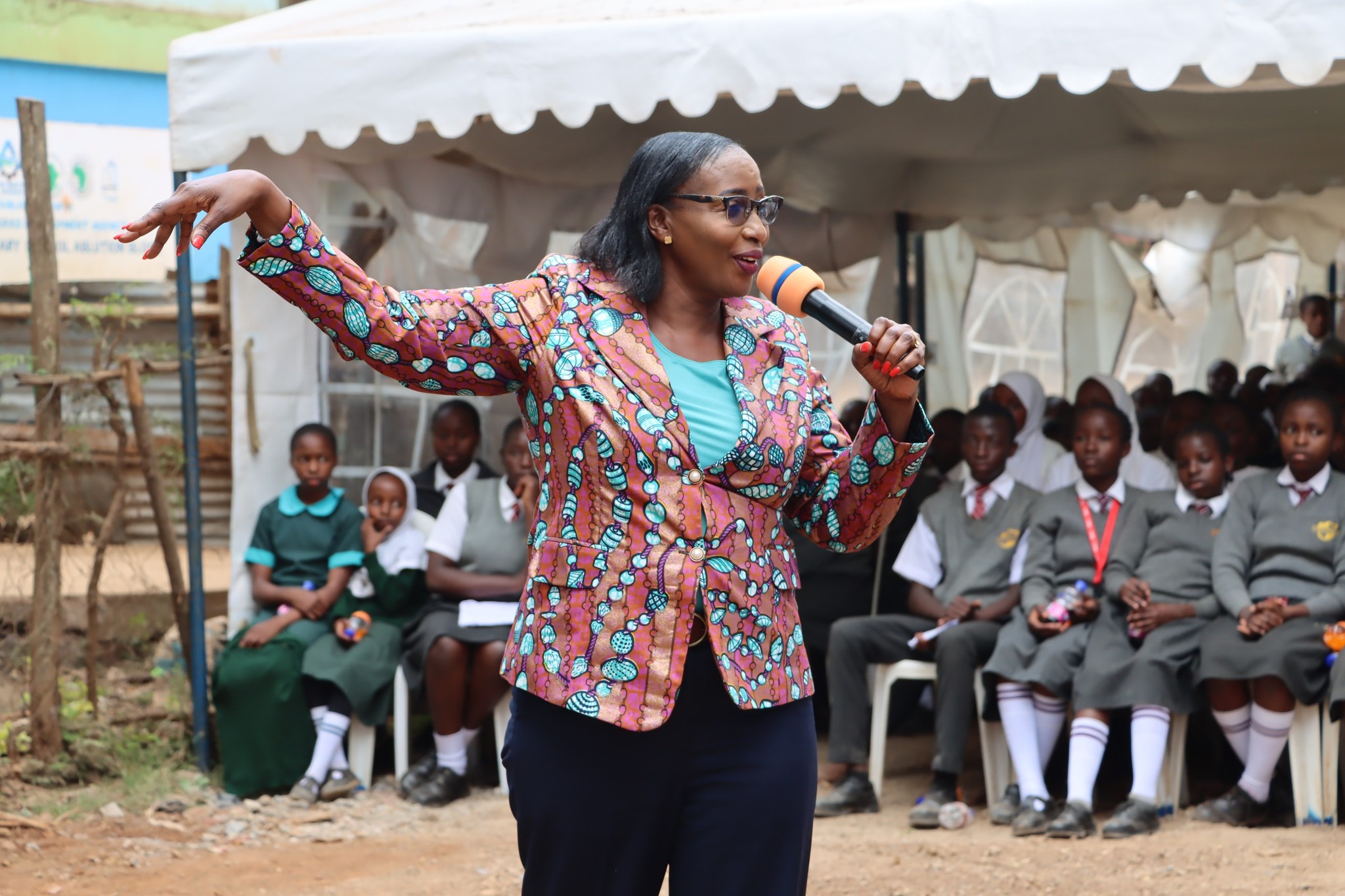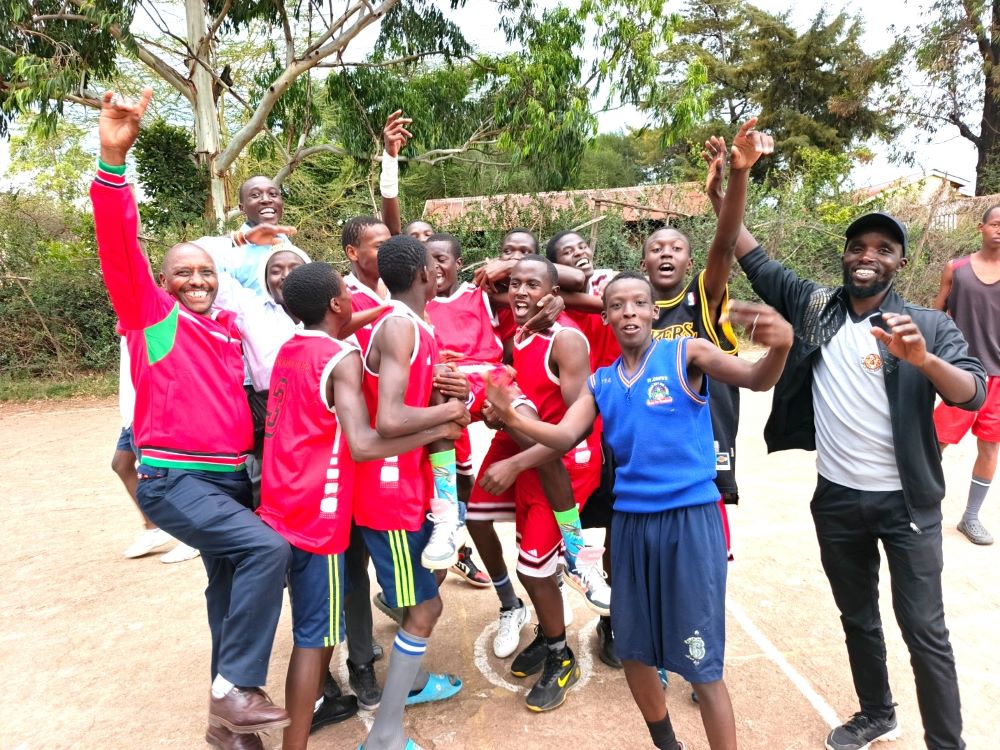Recently, mandarins at the Ministry of Education announced that Grade 9 learners who are pioneers of the Competency-Based Curriculum (CBC) will select learning areas in second term of the 2025 schools’ calendar. People have poked holes on this good idea, arguing that learners in Grade 9 are too young to select learning areas. No wonder, as a scribe, and a career educator in schools, I thought about abutting my 11th treatise on CBC by supporting the stance of the architects of CBC. Knowledge of the Career Choices Development Pattern can make us nod that indeed it is right for Grade 9 learners to select learning areas in Grade 9.
Maybe, before we delve deep into selection, it is important to understand that Grade 9 learners will transit from Junior School to Senior Schools in 2026. The current secondary schools offering 8-4-4 System will be Senior Schools as they plug-in the first CBC cohort. At that level of learning, there will be 3 Career Pathways: Social Sciences, Arts and Sports Science and STEM, which is an acrostic for Science, Technology, Engineering and Mathematics.
ALSO READ:
From refugee camp to success: Kakuma boy tops Nguluni Secondary in 2024 KCSE
Taking the STEM Pathway as an excellent example, there are three tracks, which include: Pure Sciences, Applied Sciences and Technical Studies. Learning Areas in the Pure Sciences track include: Physics, Chemistry, Biology and Mathematics. Learning Areas in Applied Sciences track include: Computer Science, Home Science and Agriculture. Then, Learning Areas in Technical Studies track include: Aviation, Building Construction, Electricity, Metal Work, Power Mechanics, Woodwork, Media Technology and Marine and Fisheries Technology.
It is instructive to note, under CBC, there is a slight departure from 8-4-4. More so, on particular appellations. For instance, teachers are called facilitators. Students are called learners. Likewise, subjects are called learning areas. Therefore, back to basics, I may not discuss the selection criteria in this treatise. It will be the nub of a subsequent treatise. I just decided to dissuade dear readers that in relation to the Career Developmental Pattern, learners in Grade 9 are not too young to sit and select learning areas. In fact, mandarins at the Ministry thought it wise to announce that Grade 9 learners will make wise use April holiday by having open discussions with their parents and guardians concerning this important exercise.
Of course, this is akin to what happens to students under the 8-4-4 System of Education when they are in Form 2. It is at that stage where age permits them to select subjects, which feature in Groups 1 to 5. Group 1 has Compulsory Subjects. Group 2 has the three Sciences. Group 3 has Humanities. Then, Group 5 has more Humanities and Arts. Subjects students decide to select in Form 2 have a puissant impact on their career choices at tertiary level of education. For instance, a student who wishes to pursue Engineering as a course after high school, must include Physics in the selection.
One wonders, why I decided to compare 8-4-4 with CBC on this important matter that has raised a heated debate among education stakeholders who are concerned. Ideally, Form 2 students in the 8-4-4 System are around 15 years of age. Grade 9 learners in CBC are around 14 years. This is a difference of one year, which may not be a big issue. More so, when we strive to understand the Career Developmental Pattern I have quoted for the umpteenth time.
Then, there is a certain page-turner I pored over in the recent past. Permit me to drag it into this discussion. It is titled Your Career Questions Answered. In that treasure-trove, Sam Muriuki introduces bibliophiles like the welder of these words to the Career Choices Developmental Pattern. The three stages are attributed to Ginsberg (1951), include: Fantasy, tentative and realistic.
Actually, learners go through the fantasy phase when they are between ages 6 to 12. Ideally, this the phase for children stretching to pre-teen stage. At this age or stage, learners hardly attach any dedication to career pathways. With scant knowledge, they only dream of belonging some glamour-tinged professional group. They pick such ideas as they observe what is happening close to them, programmes they watch in different forms of media and tales they are told.
ALSO READ:
Man lynched over rape, killing of Grade 8 pupil in Migori County
Then, tentative phase coincides with the adolescent stage. It is from 12 to 17 years. This is a more serious stage where teens fit. At this stage, they begin to visualize and internalize requirements and rewards of careers. As the clock of age ticks, they begin to align to career paths. They begin to associate themselves with reasonable professions. They listen, explore and pose oodles of quality questions. Sometimes, this is also a stage for confusion, where some teens just welter like water. Some are totally oblivious of what they want to be. No wonder, great schools ensure that they get good guidance and advice.
The last phase is realistic. It is the stage learners are adults. It is age 18 onwards. At this stage, people make career choices based on their situation, ability and preference. Possibly, at this stage, career choices begin becoming specific. Now, I take you back to the contentious issue. On whether Grade 9 learners in CBC are ripe to make informed selection of learning areas. We can see, in the Career Choices Developmental Pattern, Grade 9 learners are in the tentative phase. For they have just become adolescents. They are no longer tweens, but teens. With good guidance and advice, they can pick learning areas in various Tracks of the 3 Career Pathways offered in CBC.
The writer rolls out career talks in schools. In May 2025 onwards, he will be visiting Junior Schools to guide Grade 9 learners on Selection of Learning Areas. During this April Holiday, he is available for one-on-one sessions with Grade 9 learners. Parents and guardians can contact: vochieng.90@gmail.com.
By Victor Ochieng
You can also follow our social media pages on Twitter: Education News KE and Facebook: Education News Newspaper for timely updates.
>>> Click here to stay up-to-date with trending regional stories
>>> Click here to read more informed opinions on the country’s education landscape






